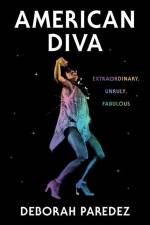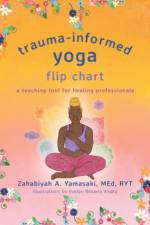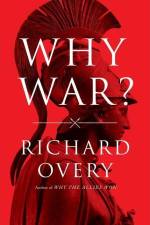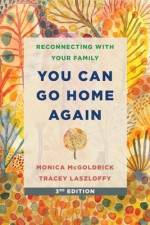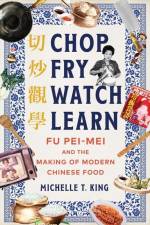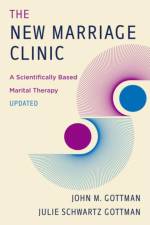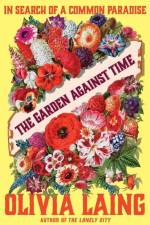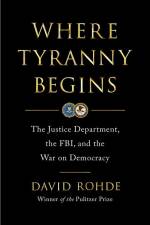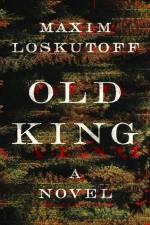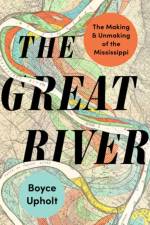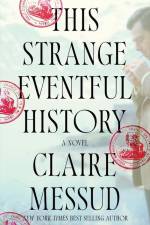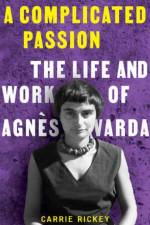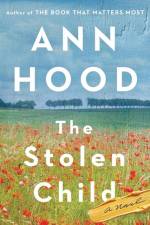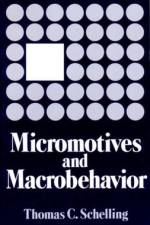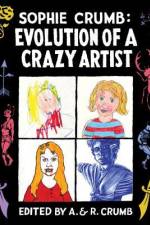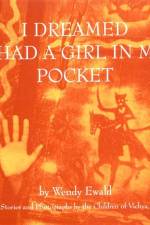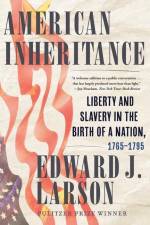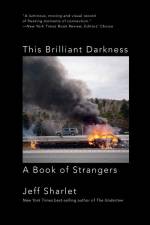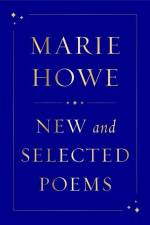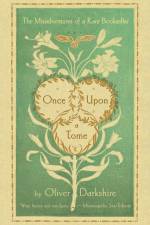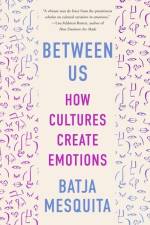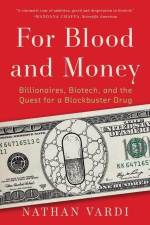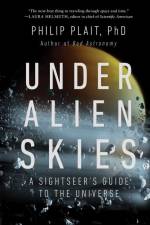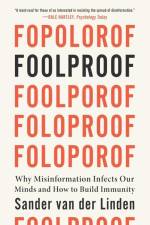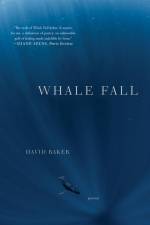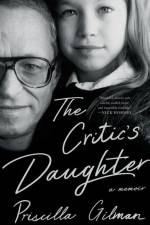av Carrie Rickey
341
Over the course of her sixty-five-year career, the longest of any female filmmaker, Agnès Varda (1928-2019) wrote and directed some of the most acclaimed films of her era, from her tour de force Cléo from 5 to 7 (1962), a classic of modernist cinema, to the beloved documentary The Gleaners and I (2000) four decades later. She helped to define the French New Wave, inspired an entire generation of filmmakers and was recognised with major awards at the Cannes, Berlin and Venice Film Festivals, as well as an honorary Oscar at the Academy Awards.In this lively biography, former Philadelphia Inquirer film critic Carrie Rickey explores the "complicated passions" that informed Varda's charmed life and indelible work. Rickey traces Varda's three remarkable careers-as still photographer, as filmmaker and as installation artist. She explains how Varda was a pioneer in blurring the lines between documentary and fiction, using the latest digital technology and carving a path for women in the movie industry. She demonstrates how Varda was years ahead of her time in addressing sexism, abortion, labour exploitation, immigrant rights and race relations with candour and incisiveness. She makes clear Varda's impact on contemporary figures like Ava DuVernay, Greta Gerwig, Barry Jenkins, the Safdie brothers and Martin Scorsese, who called her one of the Gods of cinema. And she delves into Varda's incredibly rich social life with figures such as Harrison Ford, Jean-Luc Godard, Jim Morrison, Susan Sontag and Andy Warhol, and her nearly forty-year marriage to the celebrated director Jacques Demy.A Complicated Passion is the vibrant biography that Varda, regarded by many as the greatest female filmmaker of all time, has long deserved.


